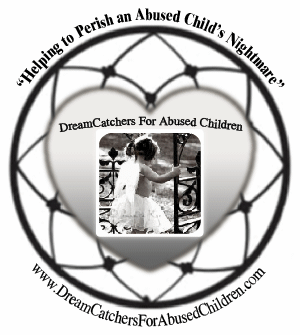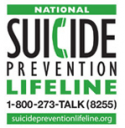Early Signs of Child Abuse
How To Identify Early Signs of Child Abuse
Children experience different types of abuse including physical, emotional, and sexual abuse. Many of them suffer silently for a long time before their parents discover their pain. In most cases of child abuse, the abuser threatens the child against disclosing his or her acts to anyone. Sometimes abuse comes from a close relative or parent, which makes it difficult for the other parent or relatives to learn about it. However, parents and pediatric nurses can look out for some early signs of child abuse. These include:
1. Withdrawal
A child experiencing abuse may seem withdrawn from his or her peers and family. Some withdraw out of fear while others withdraw because of shame, especially in the case of sexual abuse. A child may lose interest in social and outdoor activities, suddenly or gradually.
2. Poor Performance in School
A child’s performance in school is a good indicator of his or her state of mind. If a child’s grades begin to decline without an obvious reason like sickness or absence, it is possible that the child is experiencing neglect or abuse.
3. Fear or Uneasiness while Interacting with a Parent
The ability of nurses to identify child abuse cases largely depends on their pediatric nurse practitioner specialties. Nurses and teachers can identify child abuse cases by observing the interactions between children and their parents. Children undergoing abuse from their parents are often afraid when talking to their parents. The children try to do everything right to avoid upsetting their parents. They are not free to express themselves or play around their parents.
4. Stunted Development
A child undergoing any form of abuse shows signs of abnormal growth and development. The child may not possess the skills and abilities that other children of the same age possess. Sometimes children lose some of the skills they had attained after experiencing abuse. Stunted physical development is also an indicator of abuse and neglect. For instance, a child may gain weight and height at a slower rate than his or her peers.
5. Unexplained Injuries and Bruises
Nurses can learn how to become a pediatric nurse practitioner to improve their effectiveness in helping victims of child abuse. Unexplained physical marks, injuries, and bruises are obvious signs that a child is experiencing physical abuse. A child may try to cover the injuries with inappropriate clothing or give conflicting information on the source of the physical marks.
6. Extreme Behavior
Children undergoing abuse may display extreme behavior. They may become excessively demanding for care and attention or extremely passive. An abused child may become extremely compliant or extremely deviant.
7. Mental Health Issues
All forms of abuse lead to negative emotions and feelings. Abused children often suffer from depression, anxiety, and a low self-esteem. Some experience suicidal thoughts and may attempt suicide on several occasions. An abused child is always alert or watchful as if he or she expects something bad to happen.
Pediatric nurse practitioners and parents can use the signs outlined above to identify cases of child abuse. However, with the exception of physical injuries and bruises, one sign is not sufficient evidence of abuse. Parents and nurses should rule out other possible causes before concluding that a child is experiencing abuse.
___________________________________________
ADDITIONAL RESOURCES:
Signs & Symptoms of Child Abuse
Child Abuse & Neglect: Recognizing the Signs and Making a Difference
Child abuse Symptoms – Mayo Clinic
How to Recognize Child Abuse
Child sexual abuse warning signs
Tip Sheet: Warning Signs of Possible Sexual Abuse
---------------------------------------------By the time you finish reading this, 15 children will have been abused; In the next five minutes, 30 more; Within the next hour, 360 more; And by tonight, close to 8,000+ children will have suffered from abuse, 5 of which will die. Child abuse has increased 134% since 1980 and is now considered a worldwide epidemic. The high jump in child abuse deaths and the shocking increase in statistics highlights the frightening lack of public knowledge.
Educate Yourself -- Learn the Facts
It May Just Save a Child's Life!!



















![Validate my RSS feed [Valid RSS]](http://dreamcatchersforabusedchildren.com/wp-content/uploads/2009/10/valid-rss.png)












